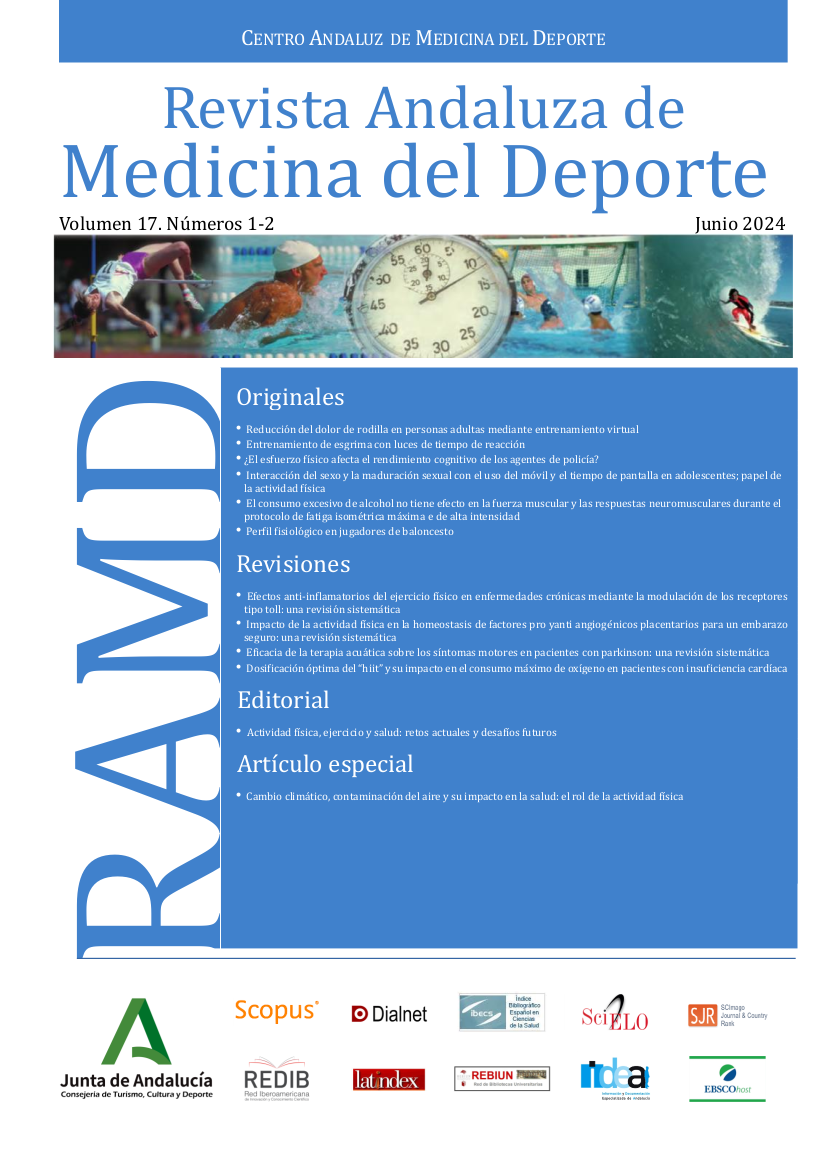Does physical effort affect the cognitive performance of police officers?
Resumen
BACKGROUND: The duty of police officers involves cognitive processes, furthermore, the firearm is usually preceded by foot pursuit, so it's important to understand whether physical exertion affects police officers' cognitive performance. We aimed to evaluate if physical exertion impacts cognitive performance in police officers. METHODS: The sample consisted of 14 male police officers. Inhibitory control was assessed using a version of the Stroop test before and after physical exertion. The response time (RT) and accuracy were used for the analysis. The Stroop effect was also measured. Participants were instructed to run a ~300 m on the simulated circuit of foot chase. Statistical tests were used to compare RT and accuracy. RESULTS: There was no change from pre- to post-exertion in RT and accuracy for congruent (all ps>0.62), neutral (all ps>0.77), or incongruent trials (all ps>0.15) of the Stroop test as well as the Stroop interference when considering RT (p=0.594) or accuracy (p=0.826). CONCLUSIONS: There was no effect of physical effort on the cognitive performance of police officers.














